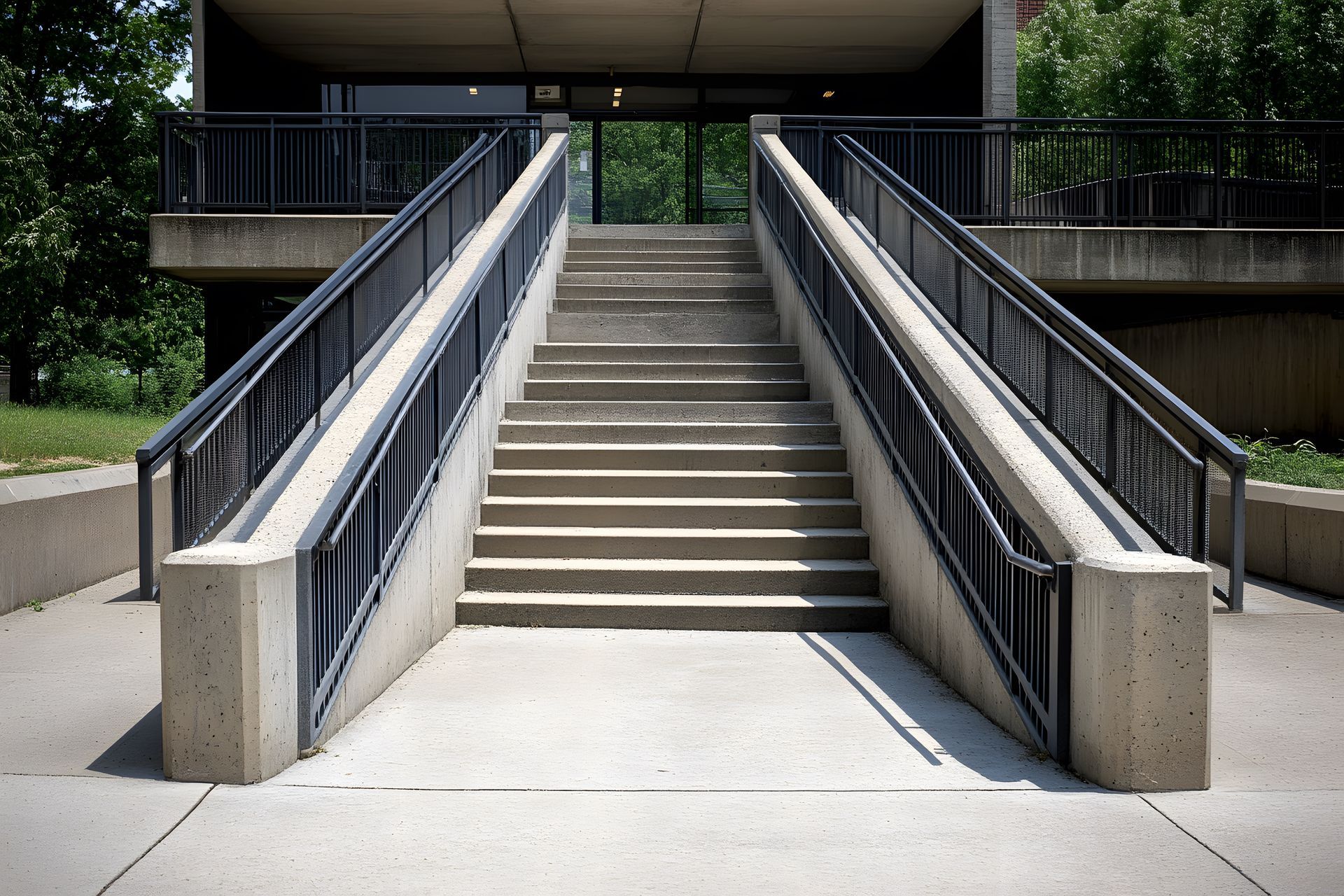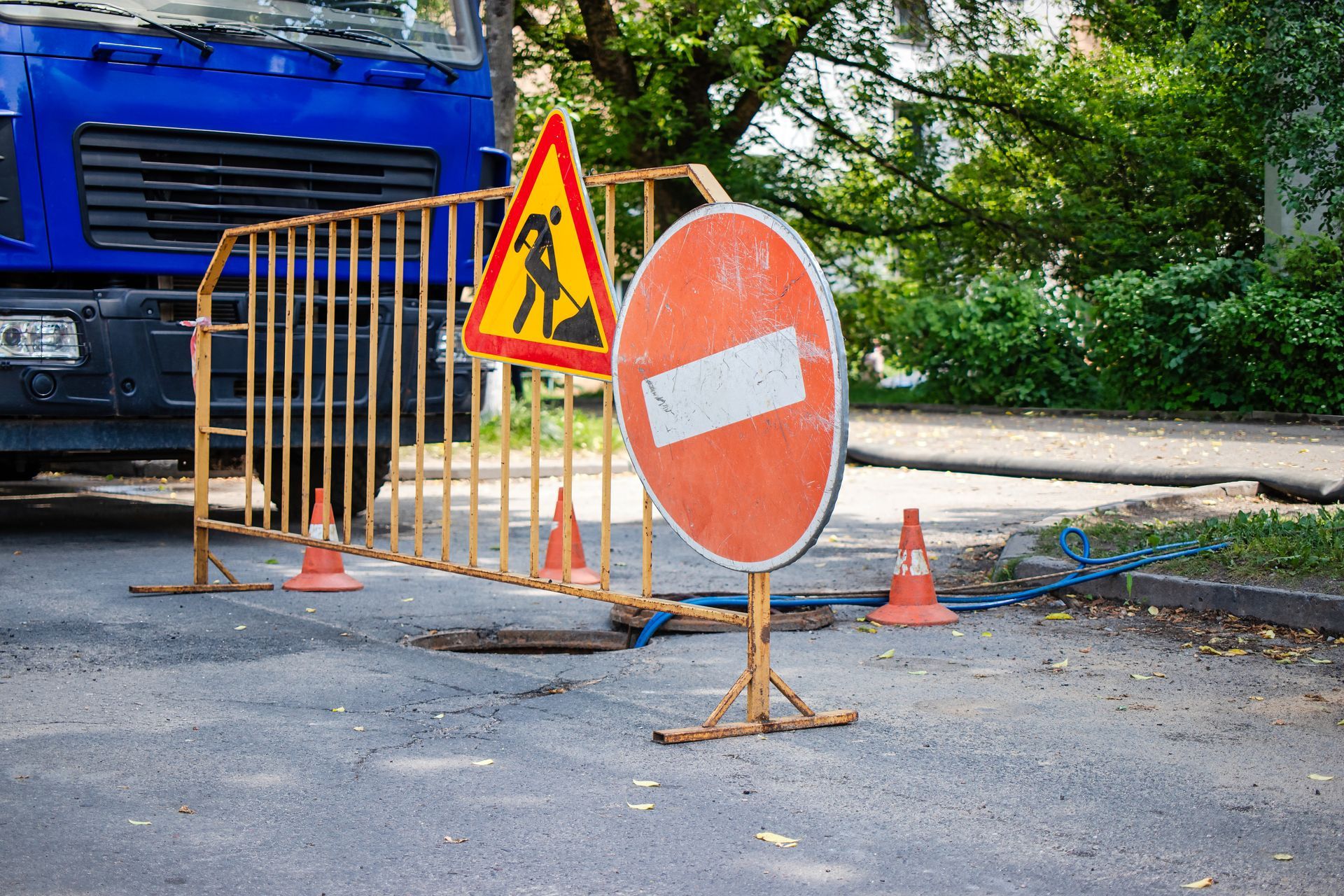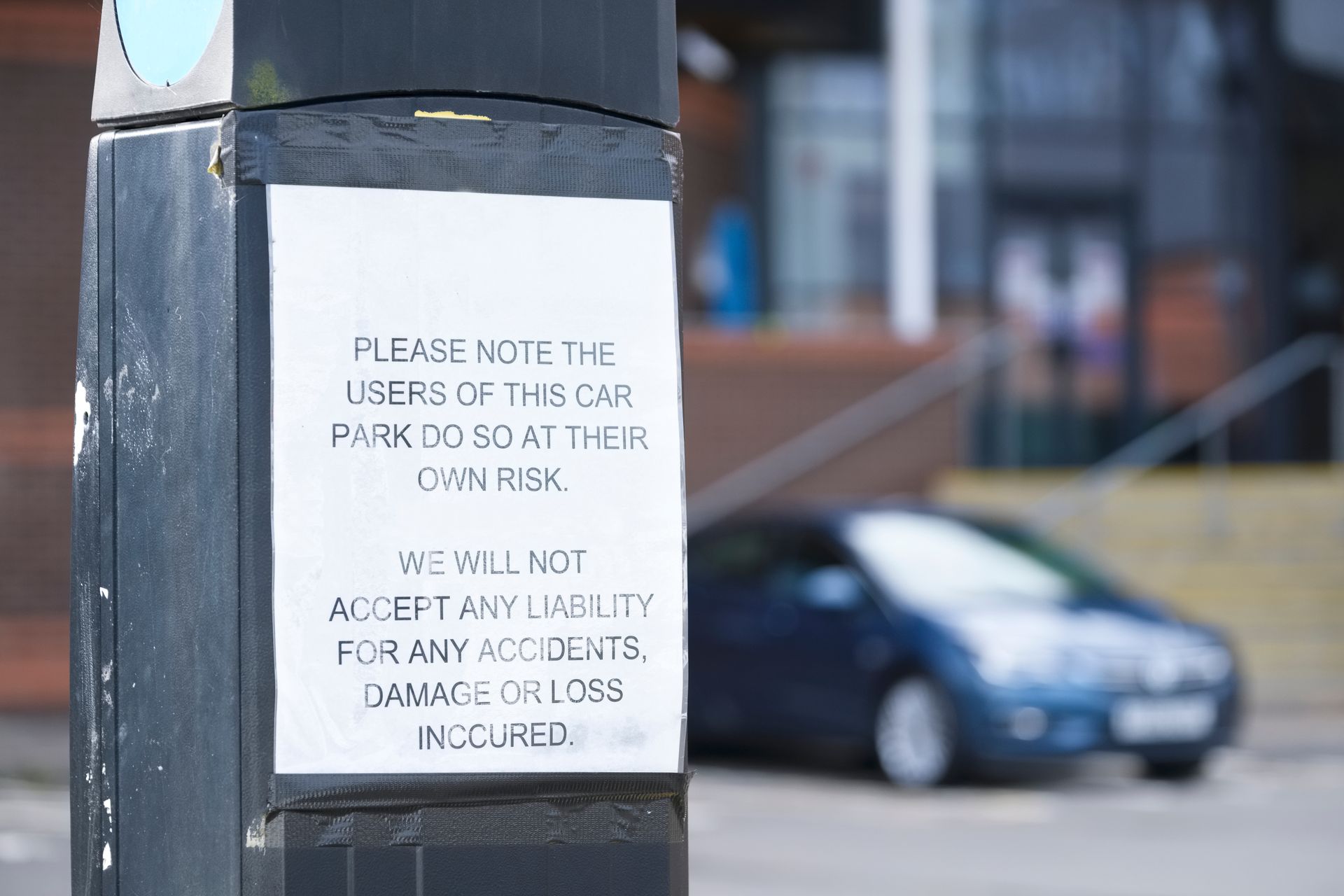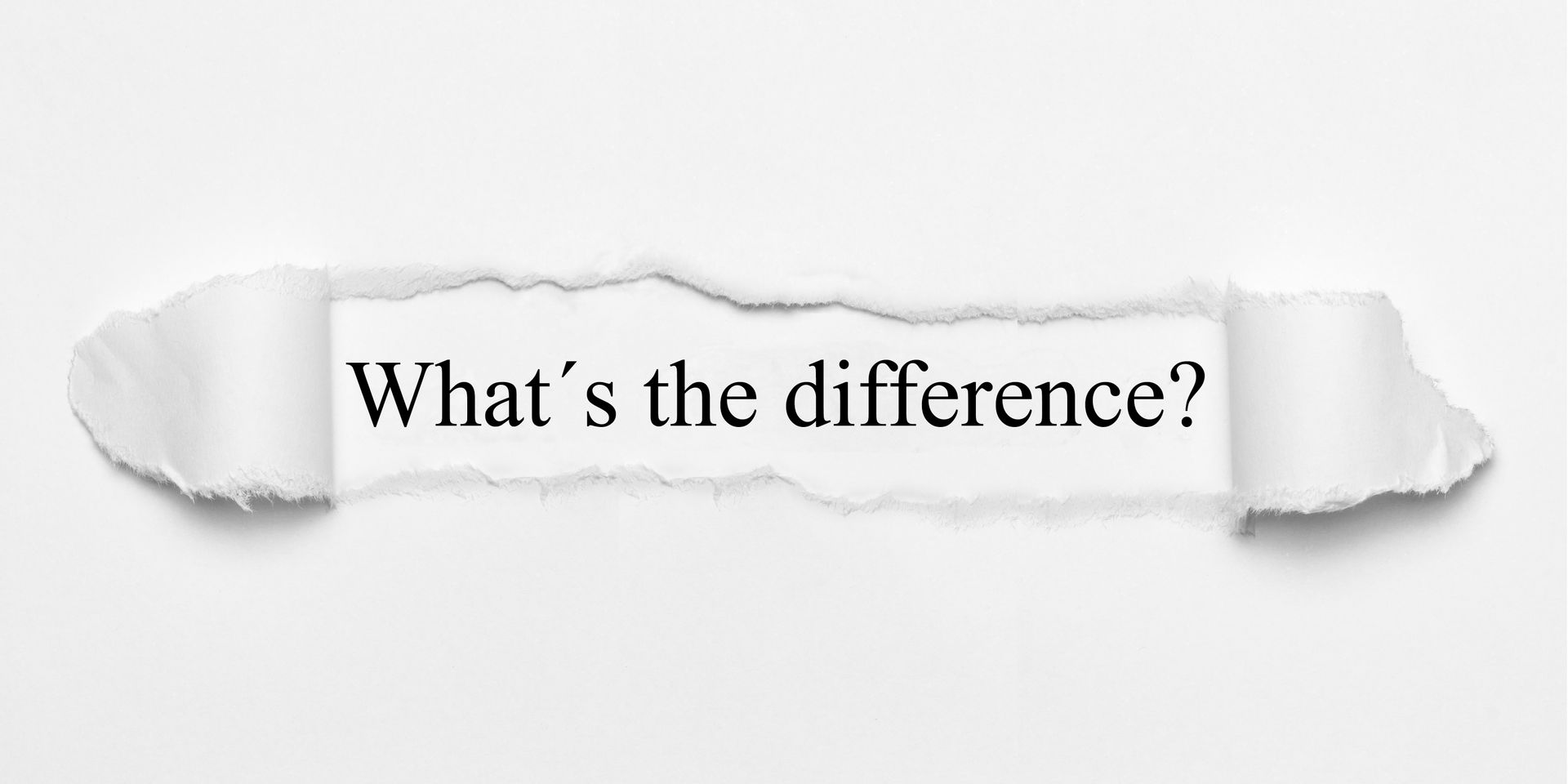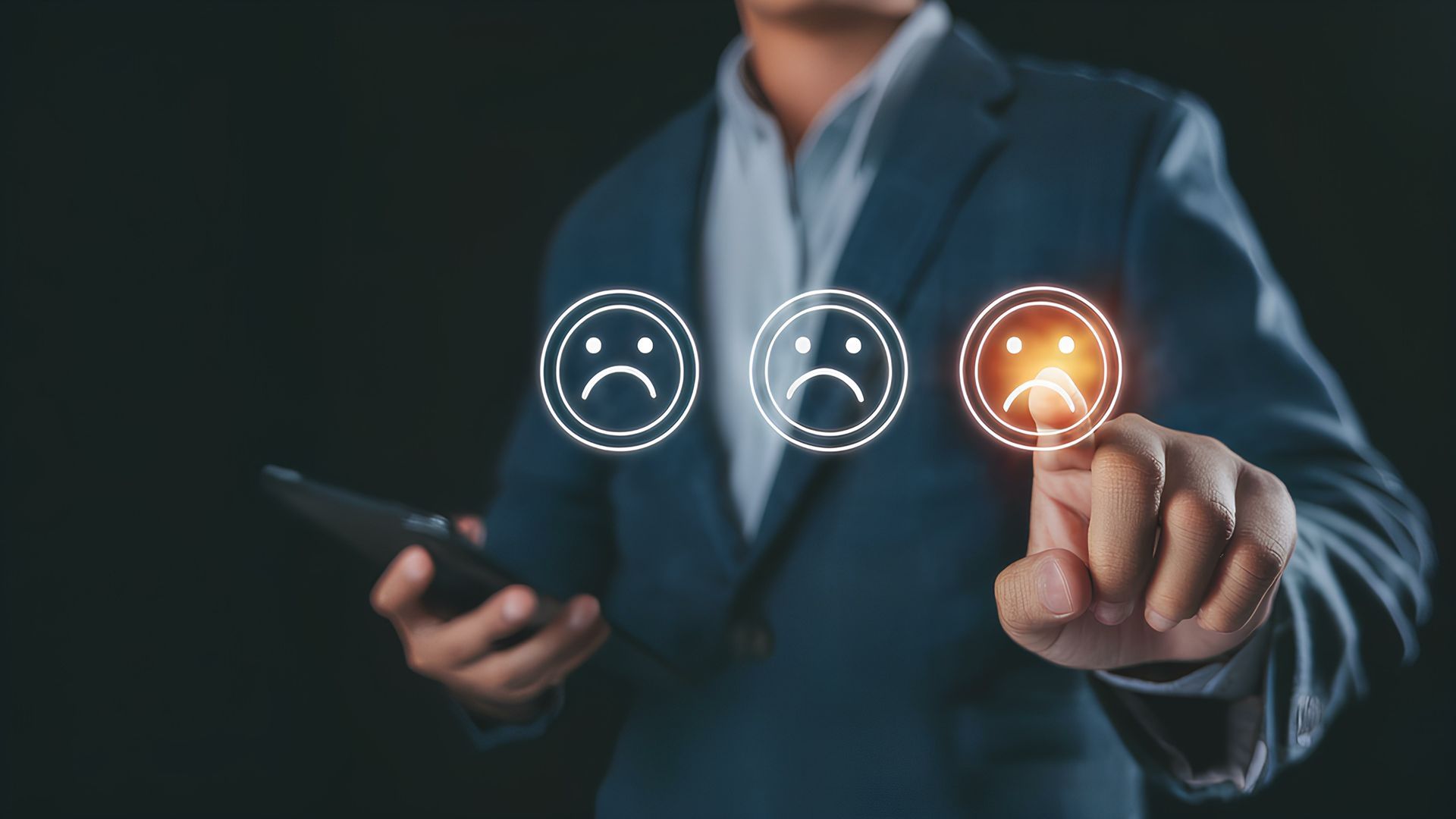Blog

The best defense against injury claims on your business’s premises is to prevent injuries from happening in the first place. A combination of upkeep, training and vigilance can drastically decrease the risk that a customer or visitor will suffer a preventable injury in your place of business.
There’s only so much control business owners have over the behavior of customers, guests or workers. Although they have some control over the enforcement of rules, they can’t guarantee every person will be responsible and vigilant when they visit an office, retail location, showroom or any other commercial property.
Facts backed up with evidence are a business’s strongest defense when facing premises liability claims. Evidence can come in a variety of forms, with maybe the most effective being video. Being able to clearly establish that the person who was injured on your property was partially or primarily at fault can be vital for countering claims or minimizing damages.
Video Evidence Is Difficult to Dispute
Many businesses already have security cameras to prevent theft, loitering, assaults or other crimes from occurring on their premises. Thorough coverage, especially of high-risk areas, can increase the likelihood that any alleged accidents and injuries are documented.
There are many scenarios in which this could be valuable in a premises liability claim. Security footage may show a person was behaving irresponsibly with friends or they were looking at their phone when they tripped or slipped.
Footage can also help clearly establish the condition of the area in which the injury occurred. For example, if the injured person claims they slipped on a wet floor because there was no wet floor warning sign, a video may allow you to prove there was a sign that should have been visible to a customer if they were paying attention.
Training and Adherence to Business Rules
Company policy that includes precautionary steps to prevent accidents from happening can make defending against claims much easier. One of the more common and effective policies, especially for food service businesses, is the clean as you go policy.
Training employees to follow this policy and holding them accountable for doing so can significantly reduce a variety of liability risks, from making foodborne illnesses less likely to limiting the possibility of slip and falls from spills.
The basic idea is anything that generates a mess or a need for cleaning is immediately cleaned. If an employee notices a spill, their highest priority should be dealing with the spill. If an employee uses a piece of equipment, they are responsible for immediately cleaning and storing the equipment after their task is complete. Adherence to this type of policy eliminates a variety of premises liability risks by ensuring:
- Workspaces are consistently safe and clean
- Any tool or equipment that is used is kept out of the way of customers and stored properly
- Floors or walking areas are free from clutter that might constitute a tripping or slipping hazards
- Boxes that might contain inventory or equipment don’t sit in aisles or take up space once emptied
- Packaging is disposed of immediately and waste is removed from the premises frequently
- Areas where customers eat, shop or browse are consistently cleaned throughout operating hours
- Broken lights, messes in bathrooms and other environmental hazards responsible for illnesses and injuries are fixed as soon as they’re discovered
These steps drastically reduce the risk of injuries happening due to predictable and preventable causes. Constant vigilance helps ensure that when either expected or unexpected hazards arise, they are quickly dealt with.
Strict adherence to a clean as you go policy doesn’t just lower the risk or premises liability claims, it also contributes to a positive customer experience, improves perception of the business and encourages repeat business. It’s a win-win for most food service and retail businesses.
Hazards That Can Appear in Any Business
- Poor lighting
- Floor, sidewalk or parking lot hazards due to bad weather or inadequate upkeep
- Falling objects
- Electrical hazards
- Pet attacks
- Unexpected structural failures
Vigilance is key to reducing injury risks. Although things like electrical hazards may seem rare or unlikely, it only takes one incident to potentially lead to a serious premises liability claim.
Chairs people are sitting in can break and cause injuries, ceiling panels can be damaged by water from a roof leak and collapse or a customer’s pet might bite another customer. No business owner plans for these events or even expects them to happen. Unpredictable events are, by their nature, hard to prevent.
Attentiveness, upkeep and quickly addressing even the slightest hint of damage or hazards is one of the most reliable ways to combat premises liability claims.
Get Help If You’re Being Targeted by a Business Liability Claim in Atlanta
Is your business in need of business liability defense representation in Atlanta? The team at the Law Office of Cameron Hawkins is here to advocate for you. Call us at 678-921-4225 to learn about your options and next steps.

